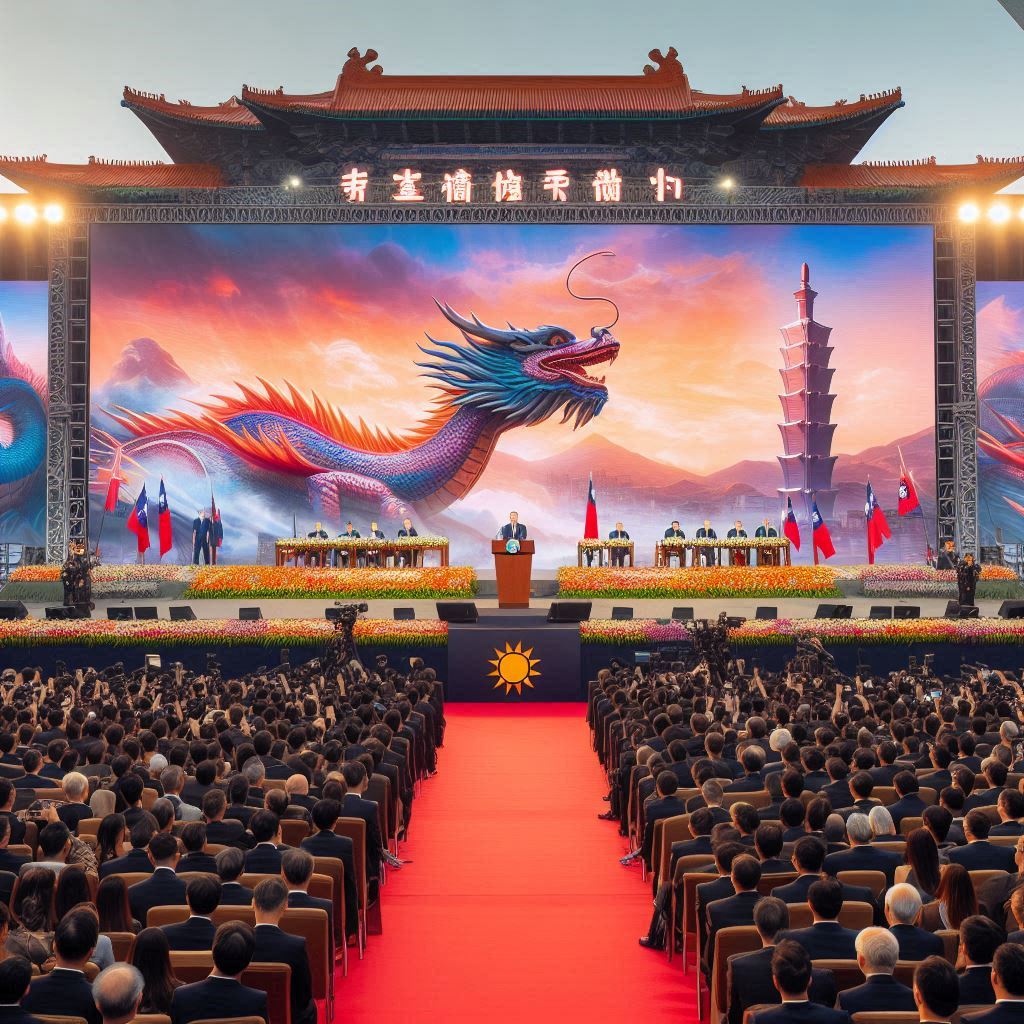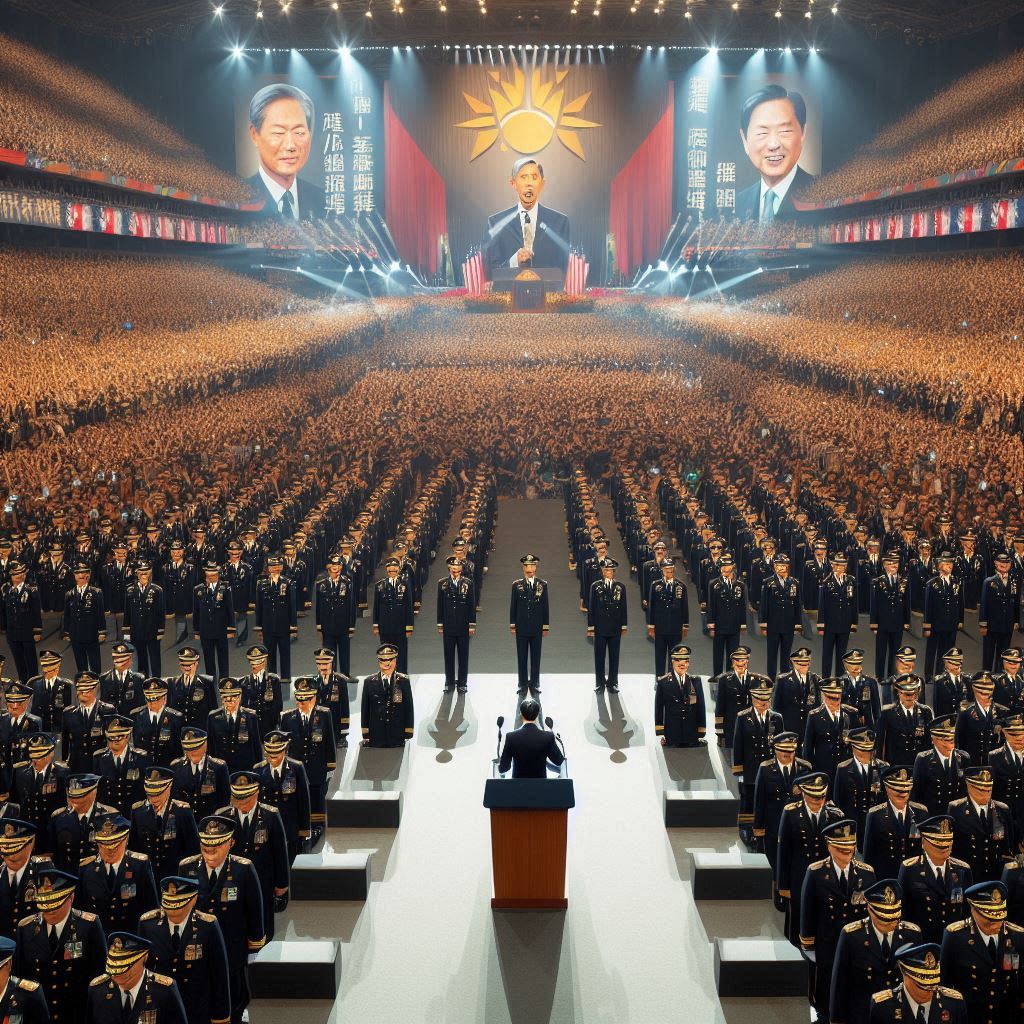賴清德表示台灣與中國「互不隸屬」,延續李登輝的「兩國論」。
李登輝曾在1999年提出「兩國論」,也被稱為「特殊國與國關係論」,他主張台灣和中國是兩個不同的國家,並應該以國與國的關係來處理雙方的互動。這一論點在當時引起了廣泛的討論和爭議,尤其在中國大陸,引發強烈反應,認為這是挑戰「一個中國」的原則。
賴清德當選台灣總統後,在5月20日的總統就職典禮上表示台灣與中國「互不隸屬」。這一表述延續李登輝「兩國論」的精神,即台灣和中國是兩個獨立的實體,並非從屬或統一的關係。這樣的立場反映台灣現任政府對於台灣主權和國際地位的態度,主張台灣在事實上是一個獨立的政治實體。然而,這樣的表述是否完全符合現實,存在不同的觀點和爭議。以下是一些關鍵點:
歷史和法律層面:根據中華人民共和國的憲法和國際上大多數國家的政策,台灣被視為中國的一部分。然而,台灣自1949年以來實際上已經成為一個具有獨立政府、軍隊和經濟體系的政治實體。
國際地位:台灣在國際上僅被少數國家正式承認為一個獨立國家,大多數國家和國際組織在外交上與台灣的關係是非官方或間接的,這是基於與中國大陸的外交政策考量。
國內民意:在台灣內部,許多人支持維持現狀或追求更明確的獨立地位。然而,也有部分人支持與中國統一,但這種支持在近年來有所減少。
兩岸關係:中國大陸堅持「一個中國」的原則,反對任何形式的台獨主張。兩岸關係的緊張狀況在台灣領導人表達獨立或不隸屬的立場時會加劇。
綜上所述,賴清德所表達的「互不隸屬」的立場在台灣內部具有一定的支持基礎,並反映了台灣政府的主權立場。然而,這一立場在國際上和中國大陸的反應中仍然面臨挑戰和爭議。
In 1999, Lee Teng-hui proposed the "Two-State Theory," also known as the "Special State-to-State Relations Theory." He asserted that Taiwan and China are two distinct countries and should interact on the basis of state-to-state relations. This argument sparked widespread discussion and controversy at the time, particularly in mainland China, where it elicited a strong reaction, as it was seen as a challenge to the "One China" principle.
After Lai Ching-te was elected President of Taiwan, he stated during his inauguration on May 20 that Taiwan and China are "not subordinate to each other." This statement continued the spirit of Lee Teng-hui's "Two-State Theory," implying that Taiwan and China are two independent entities, neither subordinate to nor unified with each other. This stance reflects the current Taiwanese government's attitude towards Taiwan's sovereignty and international status, asserting that Taiwan is, in fact, an independent political entity.
However, whether this statement fully aligns with reality remains a subject of differing opinions and controversies. Here are some key points:
Historical and Legal Perspective: According to the Constitution of the People's Republic of China and the policies of most countries worldwide, Taiwan is considered part of China. However, since 1949, Taiwan has functioned as an independent political entity with its own government, military, and economic system.
International Status: Taiwan is officially recognized as an independent country by only a few nations. Most countries and international organizations maintain unofficial or indirect relations with Taiwan, influenced by their diplomatic policies towards mainland China.
Domestic Public Opinion: Within Taiwan, many people support maintaining the status quo or pursuing a clearer independent status. However, there are also some who support unification with China, though this support has decreased in recent years.
Cross-Strait Relations: Mainland China adheres to the "One China" principle and opposes any form of Taiwanese independence. Tensions in cross-strait relations tend to escalate when Taiwanese leaders express independent or non-subordinate positions.
In summary, the stance expressed by Lai Ching-te that Taiwan and China are "not subordinate to each other" has a certain level of support within Taiwan and reflects the Taiwanese government's position on sovereignty. However, this stance continues to face challenges and disputes internationally and from mainland China.


照片:DALLE3
- 1
- 2
- 3
- 4
